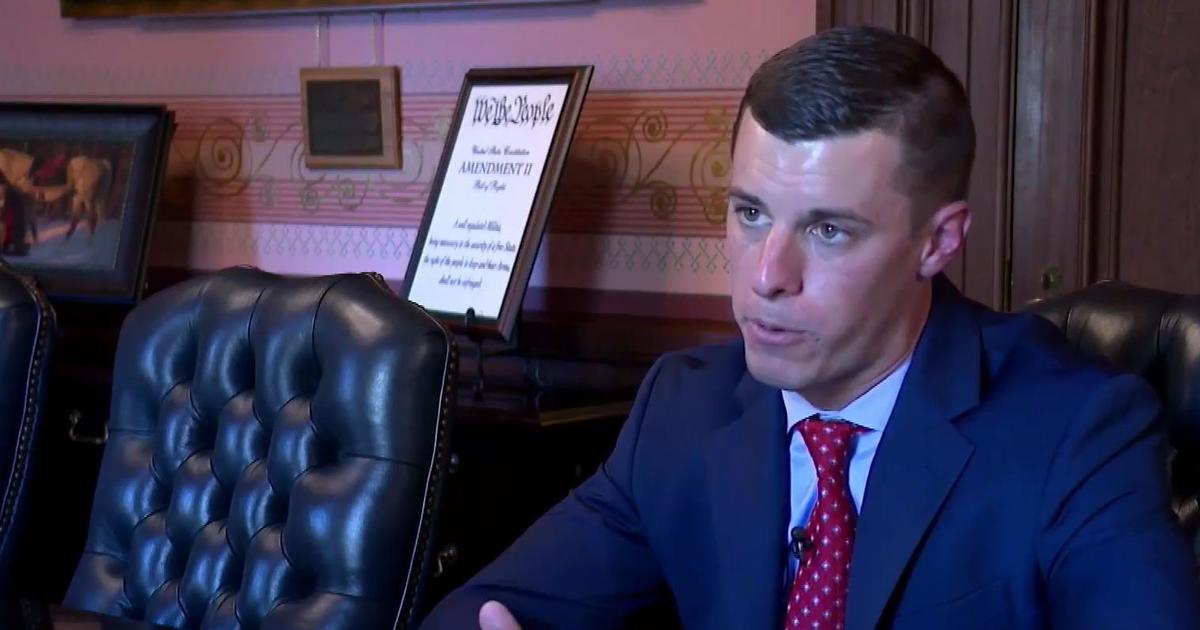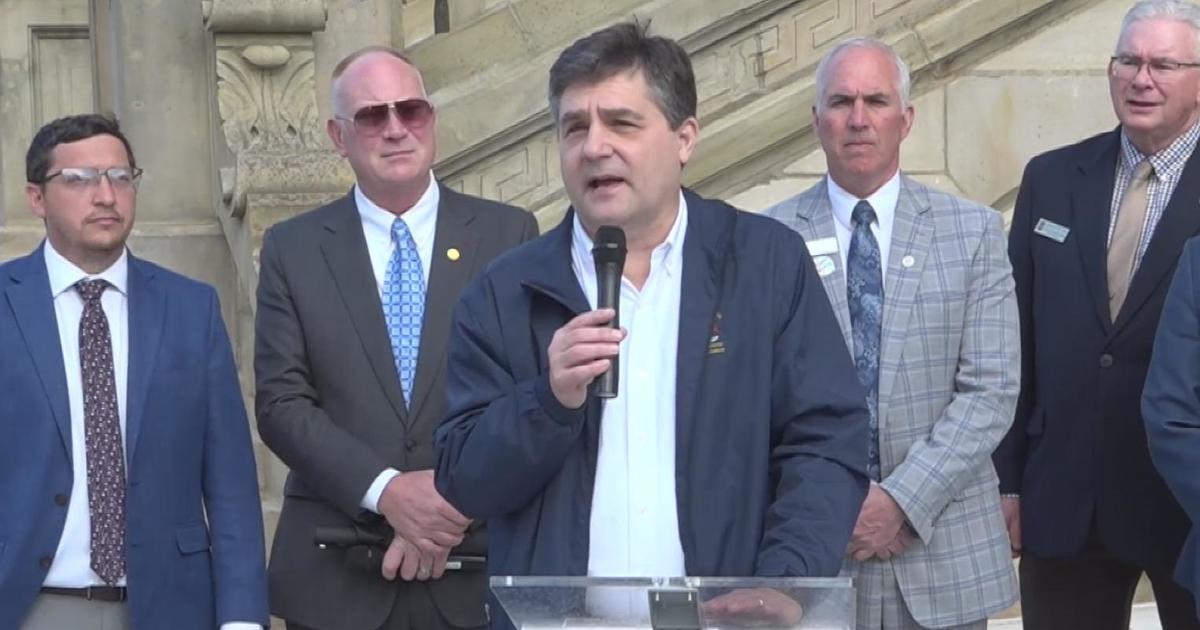What Lawmakers Did, Didn't Do Before Summer Break
By David Eggert, Associated Press
LANSING (AP) - Late-night wrangling over hiking taxes to improve roads overshadowed Michigan lawmakers' final days in Lansing before they broke for much of the summer.
Despite failing to enact a bipartisan road-funding fix -- now a surefire election issue that quickly drew partisan finger pointing -- they have some accomplishments to brag out heading into their re-election campaigns.
Here's a look at what the Republican-led Legislature, and Gov. Rick Snyder, did and did not do:
Stalled Road Talks
Legislation that would have more than doubled the state gasoline tax proved too much of a lift in the Senate, where Republicans have a super majority. Advocates for more transportation spending thought they were close and the timing was right given public anger over streets checkered with potholes after the severe winter.
While disappointed, lobbyists were happy a scaled-back plan to gradually raise the gas tax to keep pace with inflationary construction costs - somewhat similar to one approved in the House earlier - never gained traction because it would not have generated close to the $1.2 billion to $2 billion they say is needed immediately.
Of the nine Republicans and eight Democrats who unsuccessfully tried to put the major gas take hike up for a final vote, two were Republicans facing primary challenges and another was a Republican in a Democratic-leaning district.
"I would not want to go home and say, 'I didn't do something for the roads.' I think people in primaries wanted to do something," said Senate Majority Leader Randy Richardville, R-Monroe.
Democrats accused Snyder of failed leadership and blamed GOP infighting. At least one Republican legislator accused Democratic gubernatorial candidate Mark Schauer and union officials of pressuring Democratic lawmakers to not give Snyder a "victory" so they can make it an issue in the fall.
"The real reason this effort failed is because Snyder is insisting on raising taxes on retirees and the middle class again," countered Schauer spokesman Zack Pohl.
Major Bills
With transportation talks crumbling, Snyder went out of his way to tick off other achievements: final passage of a new budget with more money for K-12 schools, universities and local governments, including a plan to ensure all at-risk 4-year-olds can go to preschool; a minimum wage increase; and approval of state funds to help prevent steep retiree pension cuts and the sale of art in Detroit's bankruptcy.
"A lot has gotten done," he said.
Snyder acknowledged his proposal would have given all school districts more than a minimum $50 increase but said he "appreciated" others' arguments that schools now getting less aid should get a much bigger $175 bump. The final version of the education budget bill was criticized by many Democrats and some Republicans with concerns that some better-funded districts need more.
Yet with overall funding up - 4 percent in K-12 next fiscal year - Snyder said state school spending will be more than $1 billion above when he took office. Expect to hear that figure on the campaign trail given Democrats' charge that he cut $1 billion from schools in his first year, which disregards federal stimulus money drying up and later supplemental adjustments to both the 2010-11 and 2011-12 budgets.
"That's a significant milestone," Snyder said, calling it the largest school budget in state history.
While state spending has risen, it largely has helped to offset lost stimulus aid and to cover employee retirement costs. Critics say there is not much left for the classroom.
What Else
Legislators typically pass a flurry of bills in the last weeks before an extended break. June was no different.
Measures headed to Snyder would gradually eliminate extra "responsibility" fees that are imposed on drivers for certain traffic offenses. Critics say the fees are unfair and make driving and insurance more difficult to afford.
Other bills would codify a state Supreme Court decision and exempt gun records from disclosure under the Freedom of Information Act, give tuition assistance to Michigan National Guard members and more closely regulate 470 compounding pharmacies after Michigan became the epicenter of a deadly 2012 meningitis outbreak linked to contaminated steroids.
The Legislature also voted to let people go to a physical therapist on their own for a limited number of treatments -- or to prevent injury or promote fitness -- without needing a doctor's authorization.
Another measure going to the governor would ban the sale of electronic cigarettes to minors but is opposed by health advocates and officials in the Snyder administration who say it would protect tobacco companies from standard regulations that should be in place for the nicotine-dispensing vaporizers. Whether he will veto it was unclear Friday.
© Copyright 2014 The Associated Press. All Rights Reserved. This material may not be published, broadcast, rewritten or redistributed.



